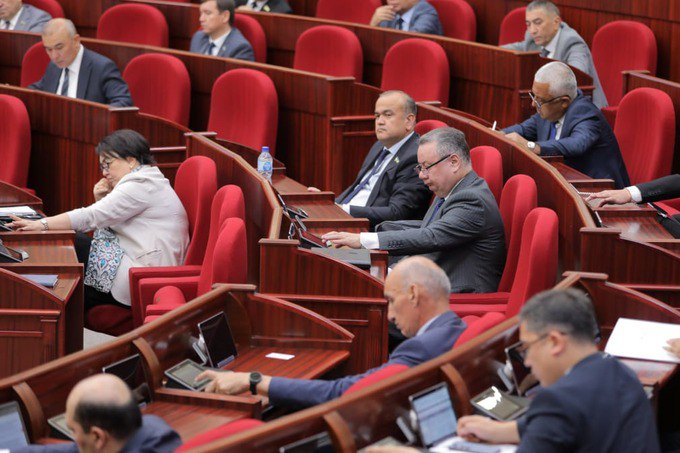The collapse of the Soviet Union and the subsequent emergence of 15 new countries transformed what was once considered internal migration, leaving an extraordinary number of people marooned across newly established borders. Many found themselves holding obsolete Soviet passports or lacking any documentation with which to verify their birthplace. Such was the scale of the problem that in its 2014 Special Report: Ending Statelessness Within 10 Years, the UN Refugee Agency (UNHCR) estimated that “more than two decades after the disintegration of the Soviet Union, over 600,000 people remain stateless.” This was the case for Vladi, a forty-year-old man with a learning disability, bright blue eyes and a shock of blonde hair, who The Times of Central Asia spoke with at a truck stop in the hamlet of Darvaza in Turkmenistan’s Karakum Desert. When the Soviet Union dissolved in 1991, Vladi was with his father in Ashgabat. With non-ethnic Turkmen not feeling particularly welcome in the chaotic early days of independence, most Russians went home, but during their passage back to Kazan in Tatarstan, Vladi and his father became separated. With no passport, Vladi had become landless, an illegal alien unable to return home. Having drifted from village to village ever since, he’d been in Darvaza for eleven years, now, serving as little more than a whipping boy. Whilst the number of those with expired or invalid papers is difficult to gauge, particularly badly affected are so-called “border brides” who’ve married across national frontiers and found themselves legal in neither country. For years now, though, Central Asia has sought to tackle the issue of statelessness head-on. Thus, for example, in 2020 Tajikistan adopted an amnesty law which granted official status to some 20,000 people. In the same year, a new provision in the law allowed 50,000 stateless people in Uzbekistan to acquire citizenship. TCA spoke with Azizbek Ashurov, the Executive Director of Ferghana Valley Lawyers Without Borders, who in 2019 received the Nansen Refugee Award for his work, which saw the Kyrgyz Republic declared by the UNHCR and UNICEF to be the first country in the world to have eradicated the issue of statelessness. TCA: How did you first become involved in the question of statelessness, and what brought the issue to your attention? Ashurov: I was born during the days of the Soviet Union, when we all had a unified citizenship; the population was very mobile at that time. There were just administrative borders; there was no need to obtain any authorization documents in order to cross these. When the collapse of the USSR occurred in 1991, a lot of people were caught in another state, studying, working, temporarily residing, etc. So, when the 15 new states were formed, along with many other things, each state faced the question: out of the population on the territory at that moment, who should be recognized as our citizens? All these things had to be linked to the legislation emerging in the states. Many adopted their constitutions two or three years...


